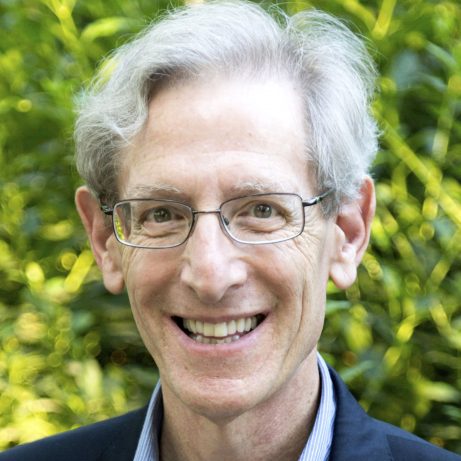
Dr. Paul Epstein:
The "4th period" lesson: thinking routines
We live now in an ever-changing future. Dr. Montessori understood that children must develop their abilities to think and adapt. When children, drawn to the amazing Montessori materials, work with repetition, they develop several routines of thinking. But we need to go further.
In this presentation, we will build upon our legacy by defining and experiencing additional thinking routines that can be included in our "4th period" lessons. We will:
- Define thinking
- Identify the 5 thinking routines already imbedded in the Montessori materials
- Define thinking routines
- Understand how thinking routines can occur as "4th period" lesson
- Demonstrate how to incorporate these thinking routines in your lessons with children
Lecture details
Age group: 3-6
Lecture duration: 54 minutes
Date: November 2020
Bio
Paul is the educational director of Designs for Lifelong Learning. He has worked in education as an administrator, university professor, teacher trainer, classroom teacher, researcher, consultant, and author.
A highly regarded international and inspirational speaker, Paul brings transformative learning experiences to educators and parents throughout the world. He is the author of numerous articles and books including An Observer’s Notebook: Learning from Children with the Observation C.O.R.E. He is also the co-author of The 60-Day Montessori Observation Workbook and The Montessori Way, a definitive work on the Montessori experience.
His administrative experiences include working as a head of Montessori schools, and he brought the International Baccalaureate Middle Years Program to one of the schools. Paul also works as a director and instructor of Montessori teacher education programs. He has been a Montessori classroom teacher in Montessori early childhood, middle, and high school programs.
Paul holds Montessori teacher certification in early childhood and secondary levels one and two from the American Montessori Society and his doctorate is in Cultural Anthropology.